Palouse Prairie Kobe:
Let's Chew The Fat
“That one’s a little skittish. And that one’s pretty protective—but look how sweet she is.” It’s clear that Eric Smith spends quite a bit of time with his Wagyu cattle as they gather around him at sunset on the hills of his Tekoa, WA farm, Palouse Prairie Kobe (PPK).
These particular cows—14 of 24 are about to have calves—know Eric and his wife, Joni really well. Wagyu cattle, or American-style Kobe beef, are raised on pasture for 24-30 months, unlike the typical grass-fed cow—18 months—giving Eric and Joni more time to know and understand their animals. For omnivores it’s an ideal way to raise animals, really.
Eric and Joni’s cows roam on pasture, are never exposed to hormones or antibiotics, and are then finished on non-GMO barley, grown by them—never corn or soy. They’re then butchered at Vandal Meats at University of Idaho, aged for between 14-21 days, then made available to customers at our Co-op.
Eric and Joni, both born and raised in Tekoa, nestled in the hills of eastern Washington about 50 miles from the Moscow Food Co-op, grew up farming. Eric’s father was in wheat and lentils and Joni is a fifth generation farmer.
They moved away for college, returned to Tekoa, married each other in 2013, and started PPK that same year. Joni says, “We returned because we love the farm lifestyle. This is how we show thanks—by giving back. It's an honor to be stewards of the land and animals.”
Eric and Joni, though both from conventional farming backgrounds, chose this niche market because of this love for the land, their animals, and a passion for food. People who love and appreciate food are often drawn to the superior flavor produced from the marbling, or fat, in Kobe beef—its signature. Kobe beef is known to fetch high prices at restaurants around the world—sometimes $300 for a 12-ounce steak—but you’ll only find reasonably priced American-style Kobe from PPK in the Co-op.
Yes, it’s more expensive than traditional grass-fed beef, but Wagyu cattle are special. Wagyu were originally draft animals used in agriculture, and were selected for their physical endurance.
The Smiths are dedicated to only raising registered Wagyu cattle, which are classified into three categories—full blood, pure bred, and cross-bred (see below). This passion for raising this type of cattle means that PPK can guarantee the outcome of supreme marbling every time.
Though Joni and Eric both have day jobs, they begin their days with their cows and end with them too. Eric says being with the animals is his favorite part of farm life. “I look forward to feeding them every morning, talking to them. I spend a lot of time with them.”
Joni follows, “He has a true relationship with them. Eric knows each cow and will introduce them to visitors by age, personality, and Wagyu bloodline. We could never do a big feedlot style operation. We would miss out on the connection to the land and relationship with the animals.”
They both express their gratitude to the Moscow Food Co-op for the opportunity it affords them to meet their customers and talk about what they do and why they do it. “One of my favorite things to do is the tasting events,” Joni says. “We’re meeting people who care about food and I love that more than anything.”
KOBE + WAGYU
EXPLAINED
Kobe beef- refers to beef from the Tajima strain of Wagyu cattle, raised in Japan’s Kobe region. Any Wagyu raised and slaughtered outside of this region is considered Kobe-style. It is prized for its intense marbling.
Wagyu cattle- a Japanese beef cattle breed – derive from native Asian cattle. ‘Wagyu’ refers to all Japanese beef cattle, where ‘Wa’ means Japanese and ‘gyu’ means cow. Wagyu is a horned breed and the cattle are either black or red in color.
Full-blood Wagyu- 100% Wagyu bloodline; Eric and Joni currently have 7 full-blood cows.
Pure-bred Wagyu- 93% Wagyu bloodline; Eric and Joni currently have 4 pure-bred cows.
Cross-bred Wagyu- 50% Wagyu bloodline; Eric and Joni currently have 13 cross-bred cows.
*The American Wagyu Association is located in Post Falls, ID.



